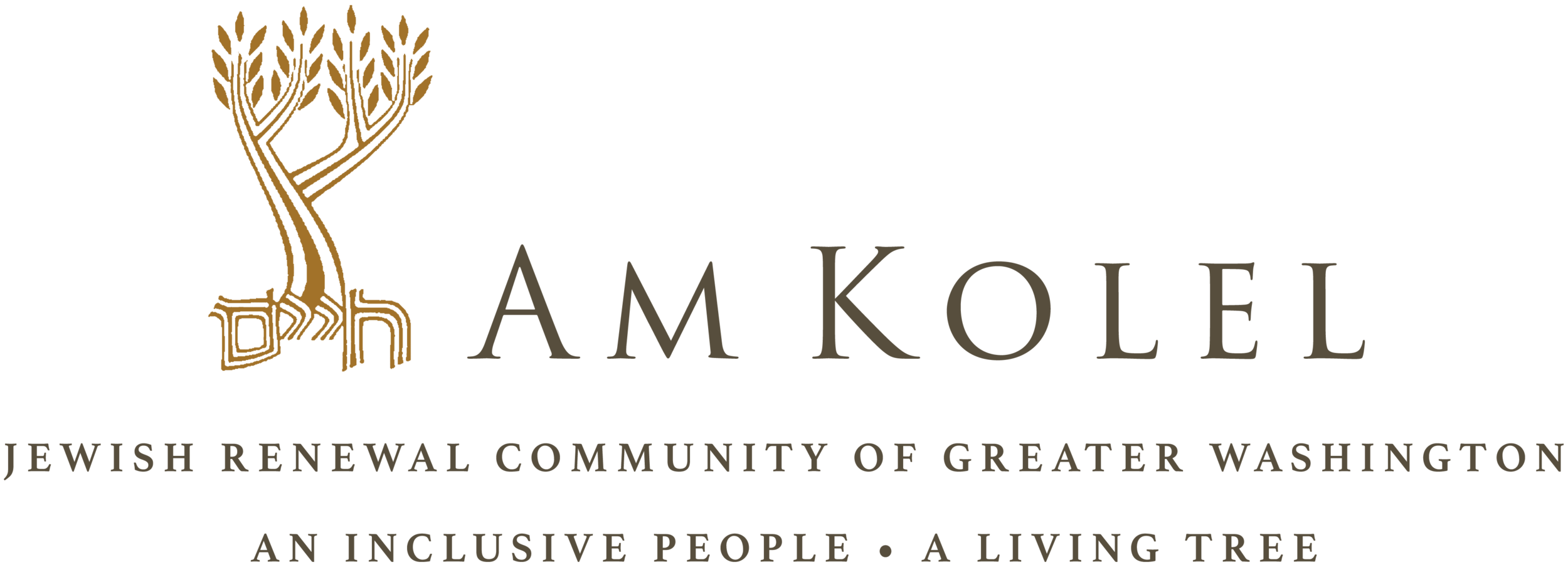This past Sunday, I joined Rabbi Arik Ascherman of Torat Tzedek, Torah of Justice...
This past Sunday, I joined Rabbi Arik Ascherman of Torat Tzedek, Torah of Justice, the human rights organization that he founded a few years ago in Israel on an eye opening visit to the Shetachim, the Palestinian Territories. Picking me up at 5:30am, we drove from Jerusalem to the southern Bik’ah Jordan valley on the the beautiful Allon Road through the Judean Hills. A most youthful 83 year old activist and writer, Batia Makover, also joined us.
Our purpose in going was to accompany a Bedouin shepherd as he herded his flock of sheep in the stony lands near his village. By accompanying him we would help protect him from harassment by local Jewish settlers who, in the past, would not allow his sheep to graze on lands historically used by Bedouin families. The State, sadly, has supported efforts that discriminate against the Bedouin. When observers, like ourselves, are present, there is less likelihood of Bedouin harassment.
Seeing the sun rise, we spent some three hours herding with Abu Ismael and his fifty head of sheep seeking patches of dry grass for food. We also noticed several stretches of land where settlers had plowed the land and dug holes for future orchards.
Afterwards, we were invited to his eldest son’s home for a late morning breakfast. His son and wife, and their seven children treated us like honored guests. Rabbi Arik, who also speaks fluent Arabic, translated for us. Gaining an understanding of their plight and how their way of life has been so threatened, both by Jewish settlers supported by the IDF and also by new Palestinian settlements, was eye opening.
While we were there, Arik received a phone call from a Nadal Rabakh, the director of a Palestinian Agricultural Collective and an owner of a number of olive groves. He told Arik about how the day before, on Shabbat, radical Jewish settlers attacked Palestinians who were harvesting olives next to their settlement. Supported by soldiers, some Palestinians were injured, one car set on fire and another’s windows smashed. As reported, the IDF did nothing to protect the Palestinian workers. Nadav invited us to come over, to talk with us about what could be done and to show us the place where the violence took place.
After a short ride from the Bik’ah, we met with Nadal and his cousin. Over tea, we learned how settlers, through acts of intimidation have been slowing down the olive harvest, now in high gear, throughout the Shetachim for several weeks. In several Palestinian communities many olive trees have been cut down. The government has been silent. Arik promised to recruit volunteers from Israel to help them with their olive harvests in the coming week. Torat Tzedek has successfully assisted Palestinians in this way. Sometimes, volunteers, such as Rabbi Arik, himself, have been injured by settlers.
Batia, the 83 year old activist, and I were moved by what we heard and saw. We each shared a tremendous sadness in seeing core Jewish values, respect for life, love of one’s neighbor, the desecration of another’s property, theft and so on being disregarded because of politics, greed and a warped understanding of our heritage.
In this week’s Parsha, Chaye Sarah, we learn of the death of Sarah and how Avraham negotiates with a local landowner over the acquisition of a burial ground for Sarah. Earlier in Genesis we learn how Abraham negotiates with Lot over water rights and a way to share the land. We witness how Avraham makes a peace treaty with Abimelech, and so on. At the end of this Parsha, when Avraham dies, we learn how Isaac and Ishmael came together in harmony to bury and honor their father.
Today, there are members of our own people who are desecrating the heritage of Avraham and the Torah of Moshe. How can we as a people, after centuries of suffering, continue to stand idly by when there are other Jews who discriminate against and inflict suffering on others? How can we cry out “antisemitism” against some American organizations that see what our people are doing to the Palestinians and not welcome us as allies?
What are your thoughts about this?
Reb David
from Jerusalem
PS: Today, Arik and 16 Israeli volunteers help harvest olives.
